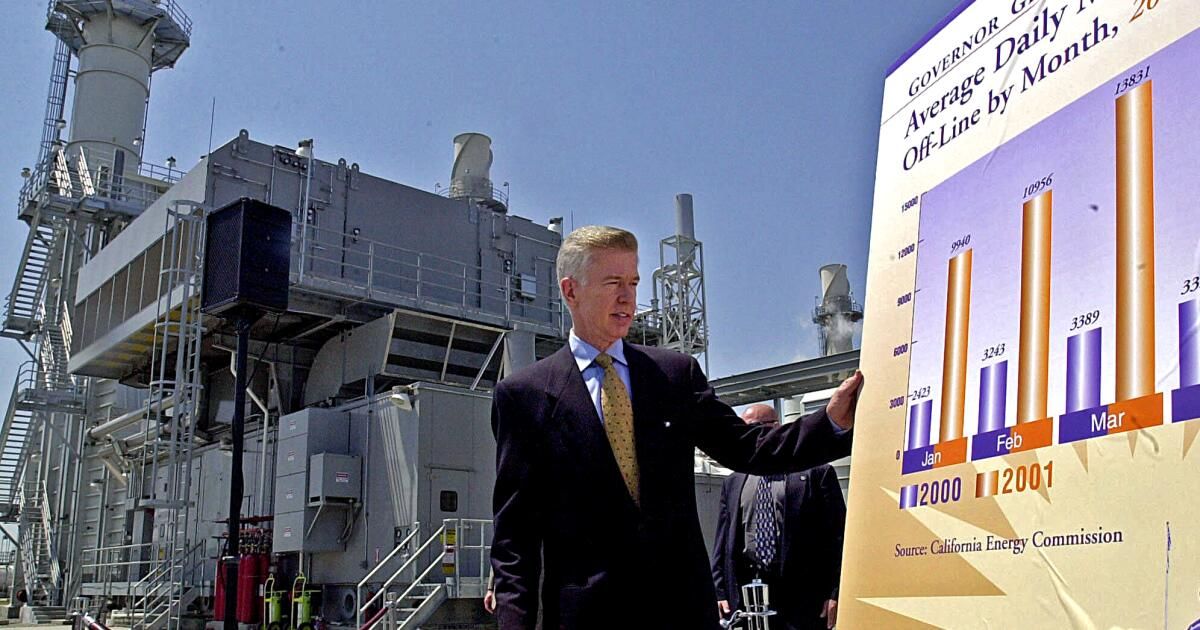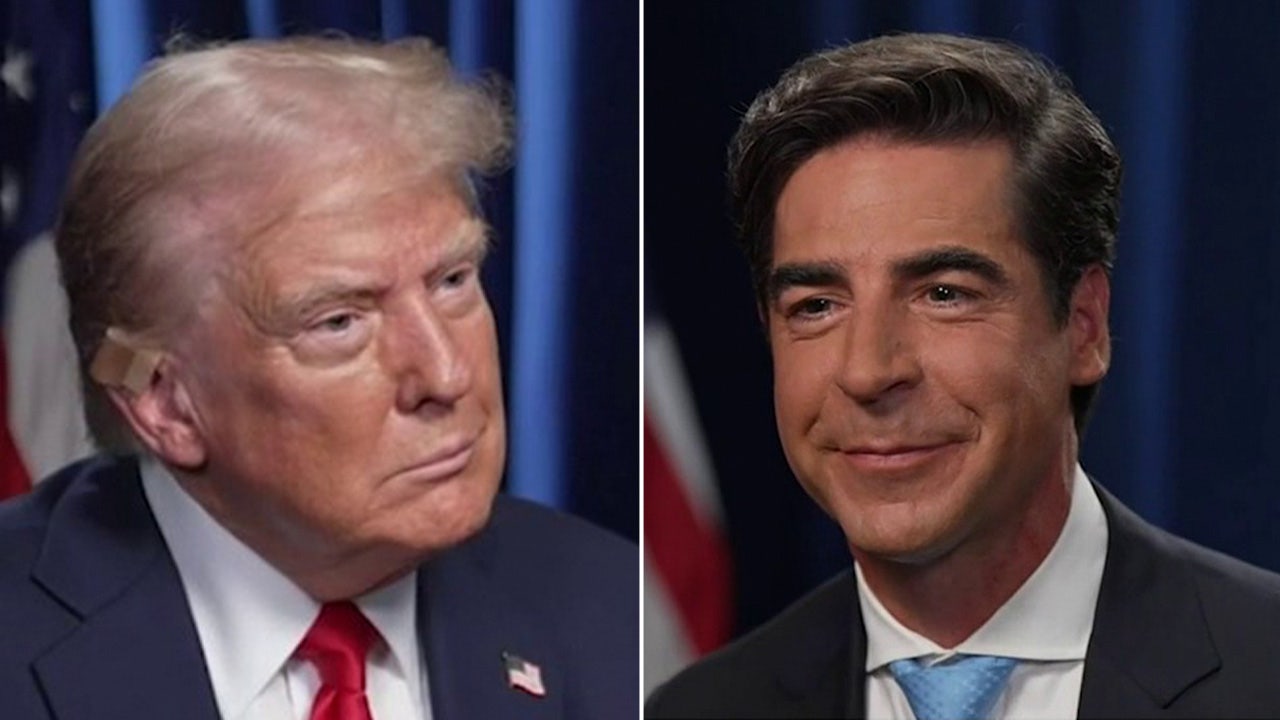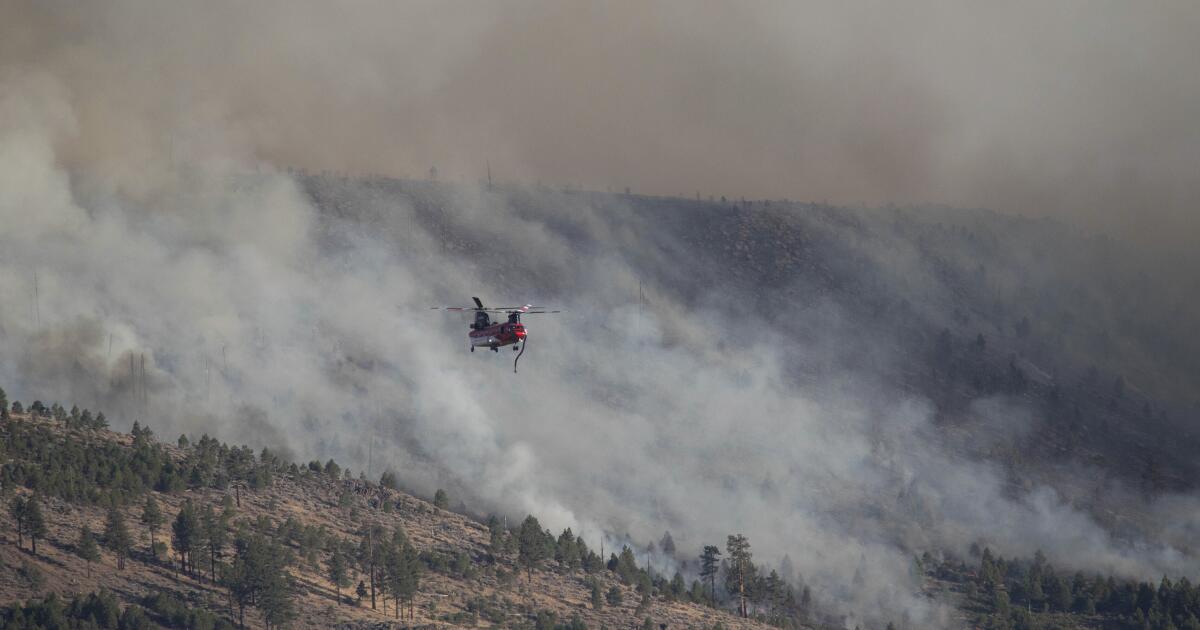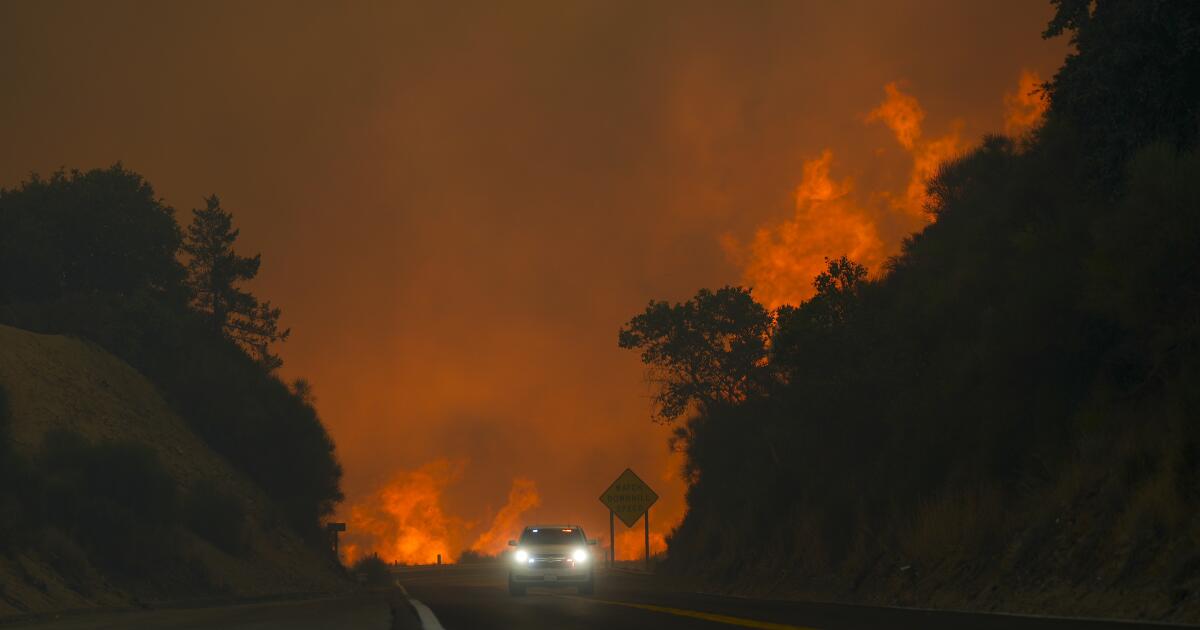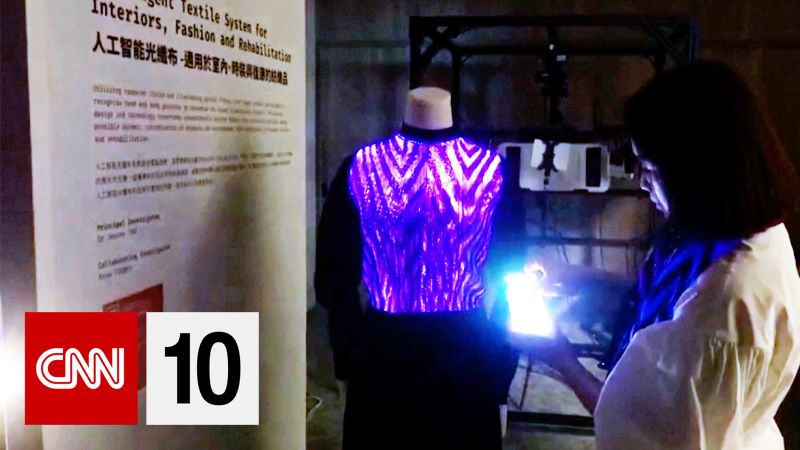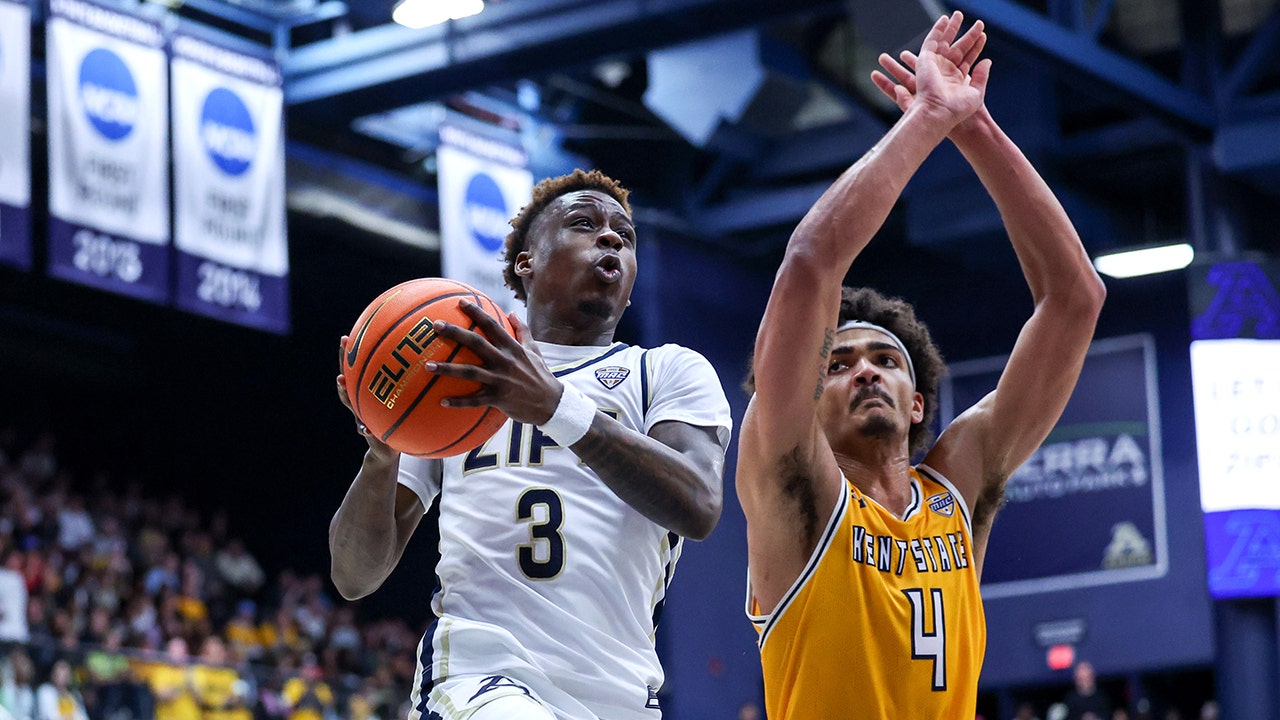It was an election that few enjoyed, in a bleak election season.
The incumbent was deeply unpopular and spent his entire campaign on the defensive as he struggled to sell voters on his accomplishments.
His opponent, a wealthy businessman, was also not liked by anyone. At one point during the contest he was taken to court to face fraud charges.
The year was 2002 and Democrat Gray Davis was fighting hard to win a second term as governor of California.
“The night before the election, his favorability was only 39%,” recalled his campaign manager, Garry South. “That's something you don't forget.”
Joe Biden's strategists can certainly relate. For the past few months, the president has lived in equally abysmal electoral territory. The latest aggregation of national polls pegs his approval rating at 38%.
No two elections are the same. But there may be surprising similarities, such as the parallels between that tough race in California 22 years ago and Biden's tough re-election fight.
Davis fought his way to a second term despite his miserable approval rating, which is not to say Biden will win in November. (If he does, he won't risk being ousted less than a year later, the same way Davis was ousted and replaced by Arnold Schwarzenegger.)
Even Davis' strategists can't agree on the lessons drawn from Democrats' arduous re-election effort.
South said that campaign convinced him that Biden will ultimately prevail. “I've been through this before,” he said.
Paul Maslin, the pollster from Davis' 2002 race, is less sure. He makes no predictions beyond his expectations that the presidential race will be close. The only similarities Maslin sees between then and now are the candidates' dismal approval ratings and voters' bad moods.
But even if past experience is no guarantee of future results, history can inform the way we view existing circumstances, suggesting that no matter how difficult things seem for Biden today, the president cannot be counted out.
Mainly because of who is running against.
“It's a binary choice,” South said. “Yes, there are other candidates in the race. But ultimately, it's between Biden and Trump.”
David Doak, the chief ad creator for Davis' re-election campaign, agreed. He also tends to make a glass-half-full assessment of Biden's chances, suggesting that a race between two disliked candidates “is a very different equation than if you're running against someone popular.”
In 2002, Davis ran against Republican Bill Simon Jr. The political neophyte was a bumbling candidate who ran a terrible campaign. To compound his difficulties, Simon received a $78 million fraud verdict just months before Election Day. (The case involved his investment in a coin-operated telephone company, which, even then, five years before the iPhone was introduced, was a scratch.)
Although the verdict was overturned after a few weeks, the political damage had been done and Davis outmaneuvered Simon to a narrow victory.
As it happens, Trump has also been involved in the courts. He has spent the last few weeks gagged and squirming as his lewd behavior is examined in forensic detail in an election fraud and hush money trial in New York.
But Maslin, Davis' campaign number cruncher, cautioned against getting too carried away with comparisons.
For starters, he noted, California was a solidly Democratic state, giving Davis a considerable advantage even as his support faltered amid a recession and rolling blackouts. Biden does not have that partisan advantage in the half-dozen battleground states that will decide the presidential race.
Furthermore, Maslin noted, Simon was a little-known commodity, leaving the Davis campaign free to define him in harshly negative terms. Trump, by contrast, has been America's dominant political figure for nearly a decade. His reputation, for better and worse, is firmly fixed; There are many voters who will not be deterred (by rain, sleet, snow, a sexual assault verdict, multiple criminal charges) from voting for Trump in November.
Perhaps most significantly, Biden is the oldest president in American history, and at 81, he very much looks that way. Davis's age (he was 59 when he sought his second term) was never even remotely a campaign issue.
“There are many millions of voters who, even if they appreciate Biden's accomplishments, still question his ability to hold office, much less for four more years,” Maslin said. “I'm not saying it's accurate, but that's what they're thinking.”
Davis, for his part, hopes Biden will be re-elected, given his record and the contrast he offers to the wayward and unprincipled former president. Biden, he noted, has been repeatedly underestimated.
“I experienced that when I ran for governor,” said Davis, who was considered a long shot before winning the 1998 Democratic primary. “Everyone told me I had no chance of making it, so I know the fire that It burns inside you when people say that.”
He is reluctant to offer advice to the president (“he has access to the best minds in the world”), but Davis had this to say to worried Democrats: “We have a winner. Stay with him. Get excited about it.”
“Because,” the former governor added, “another four years of Trump and you are not going to recognize this country.”

